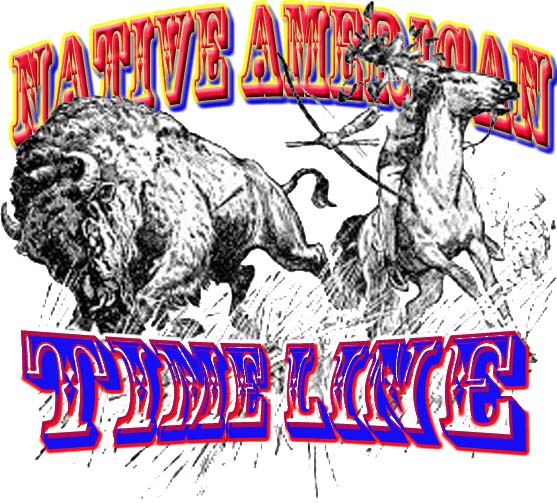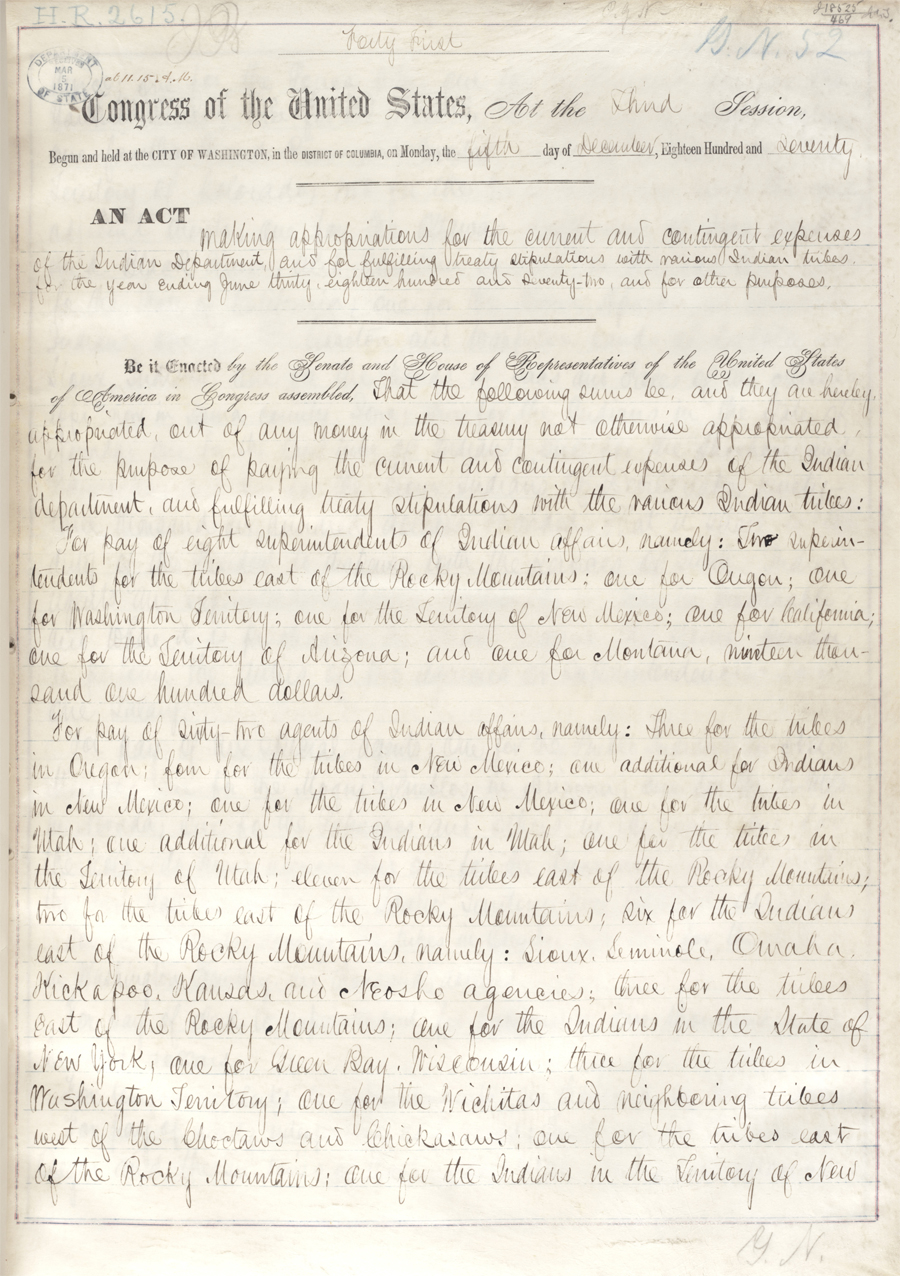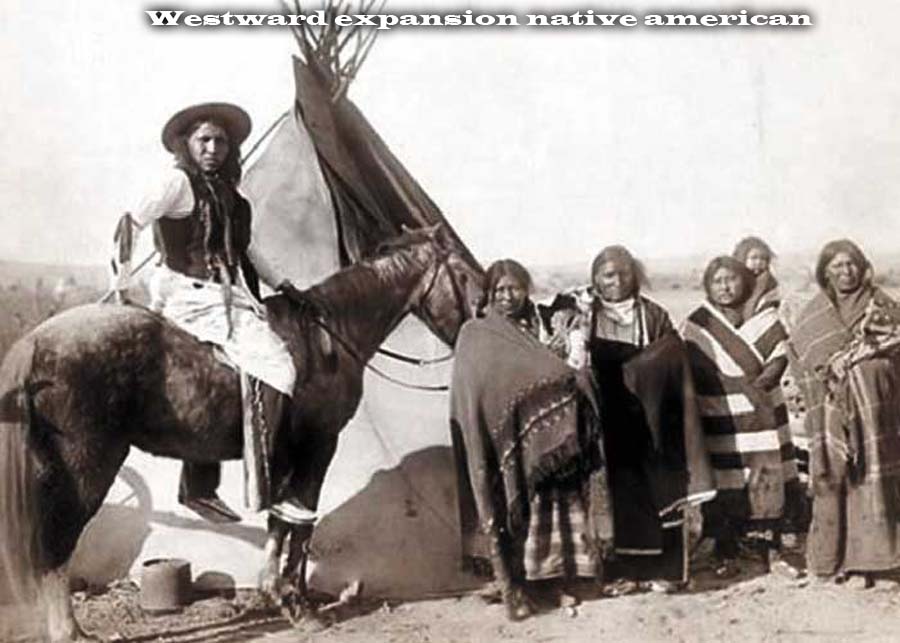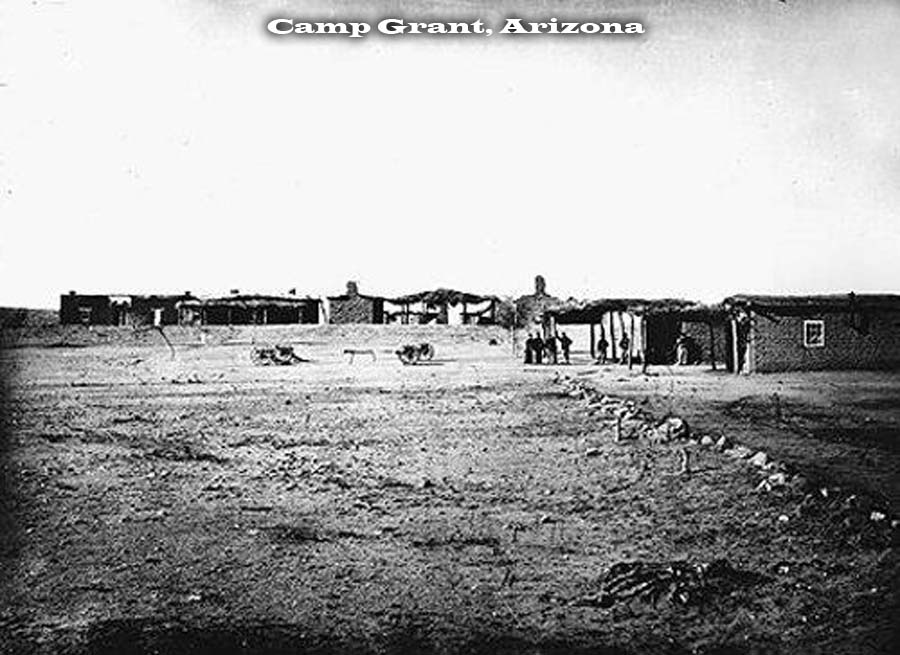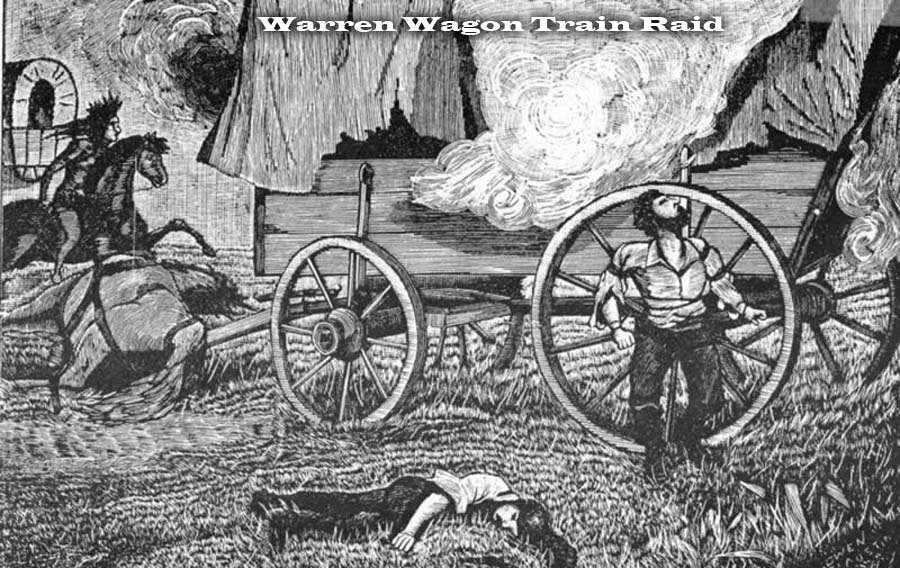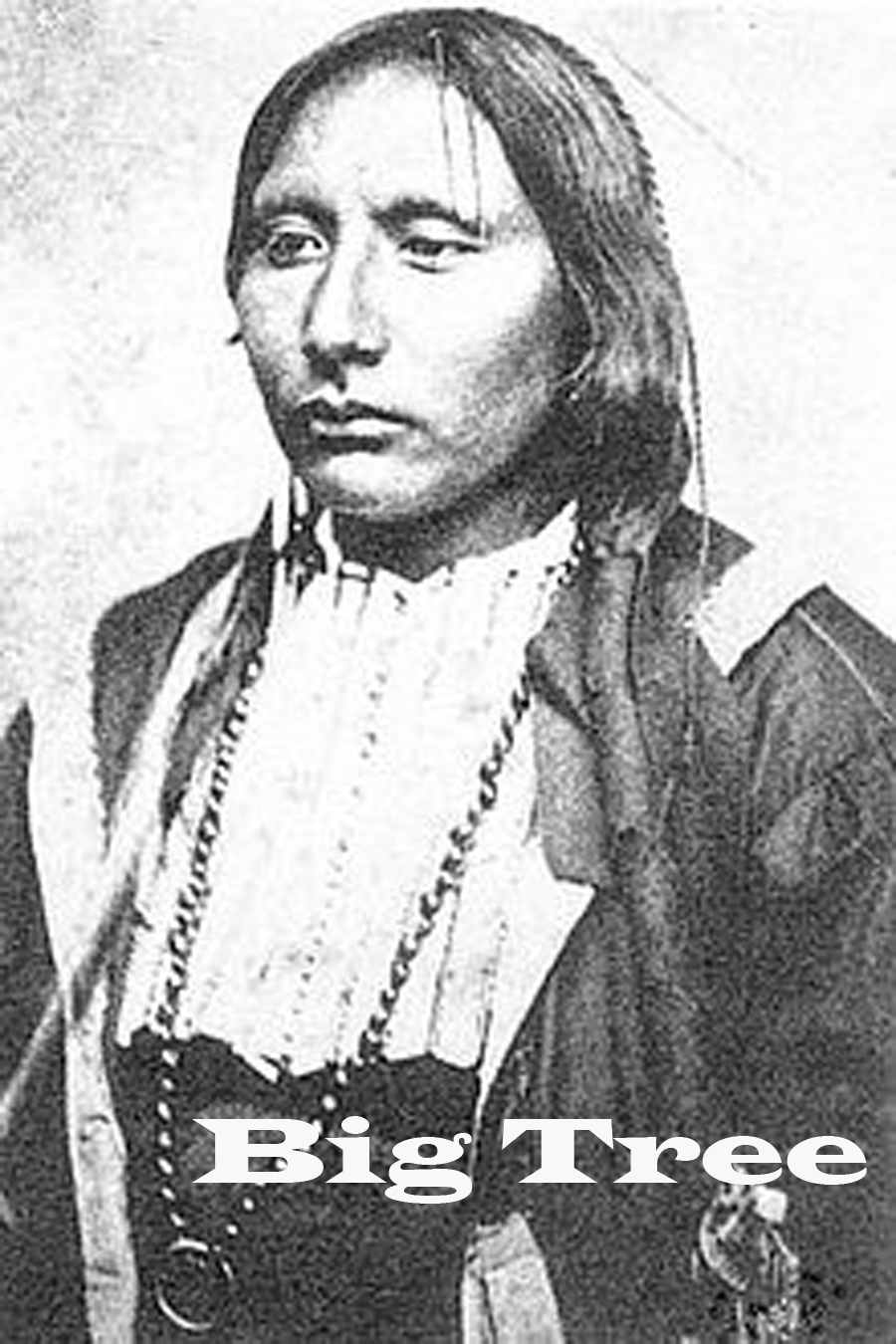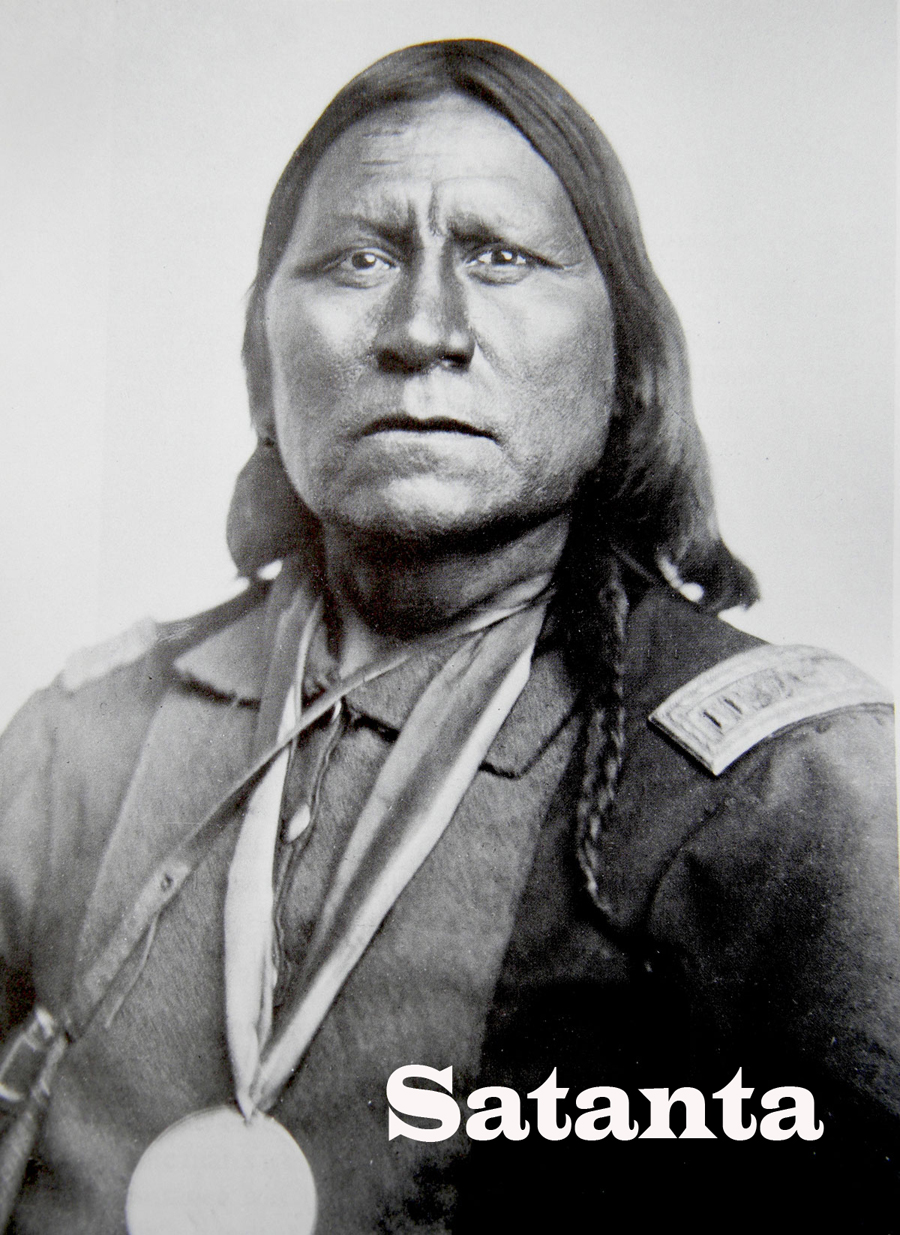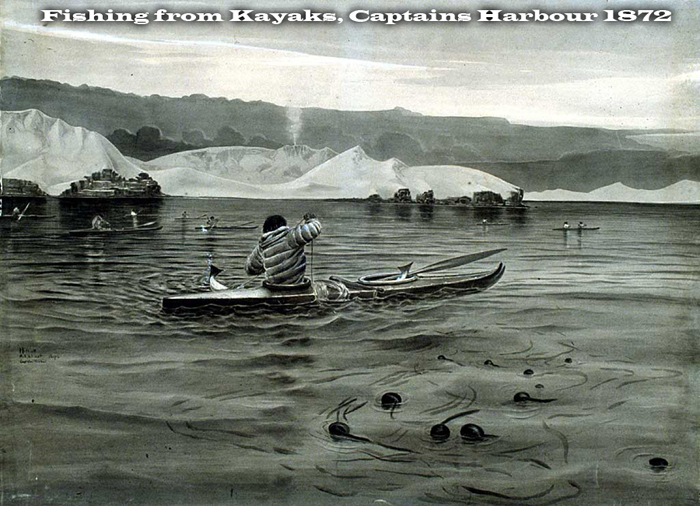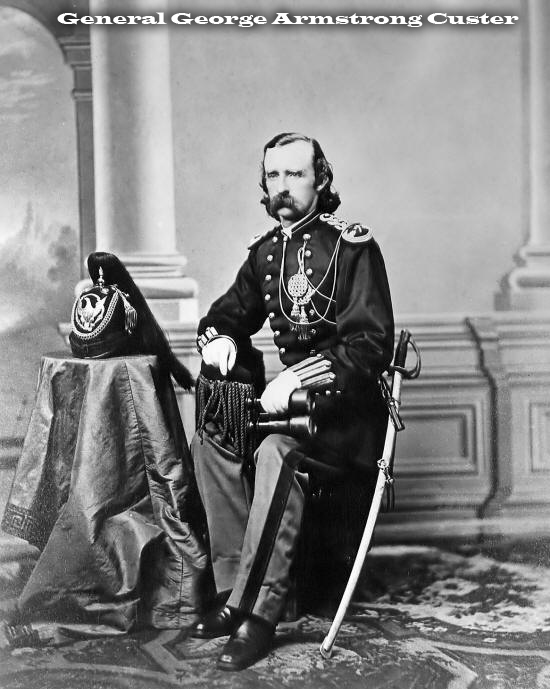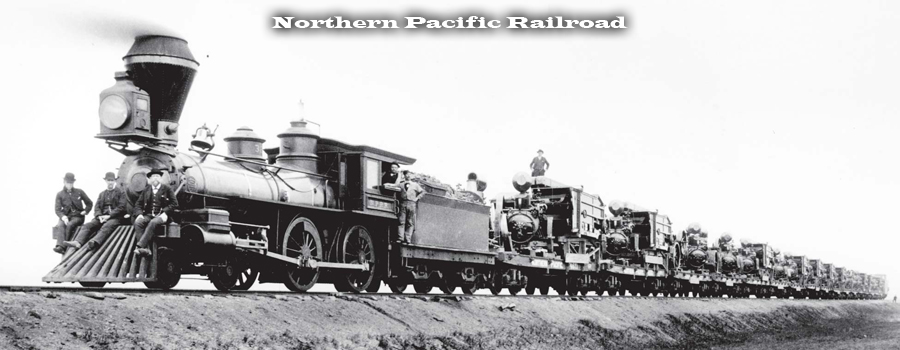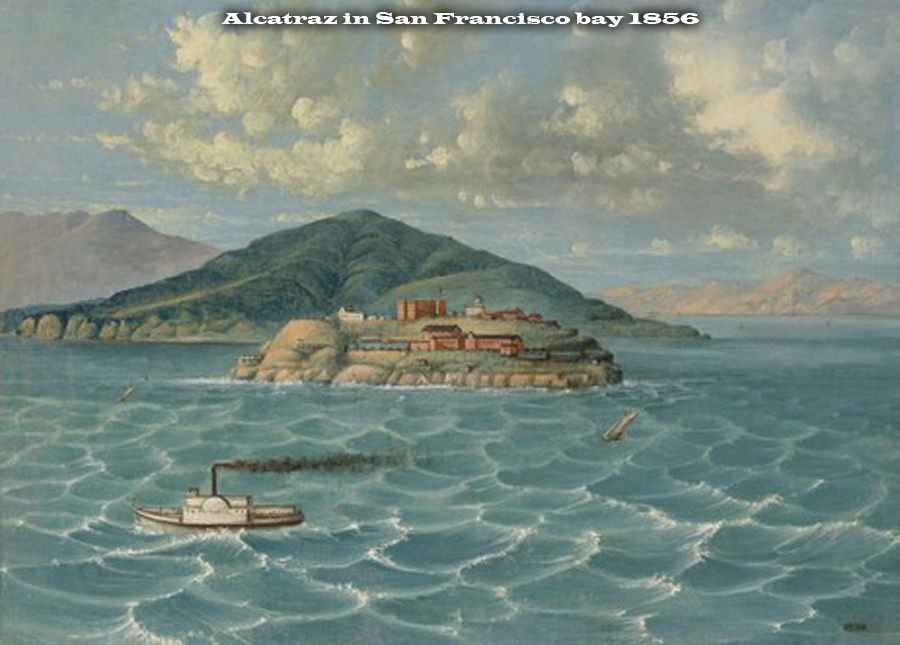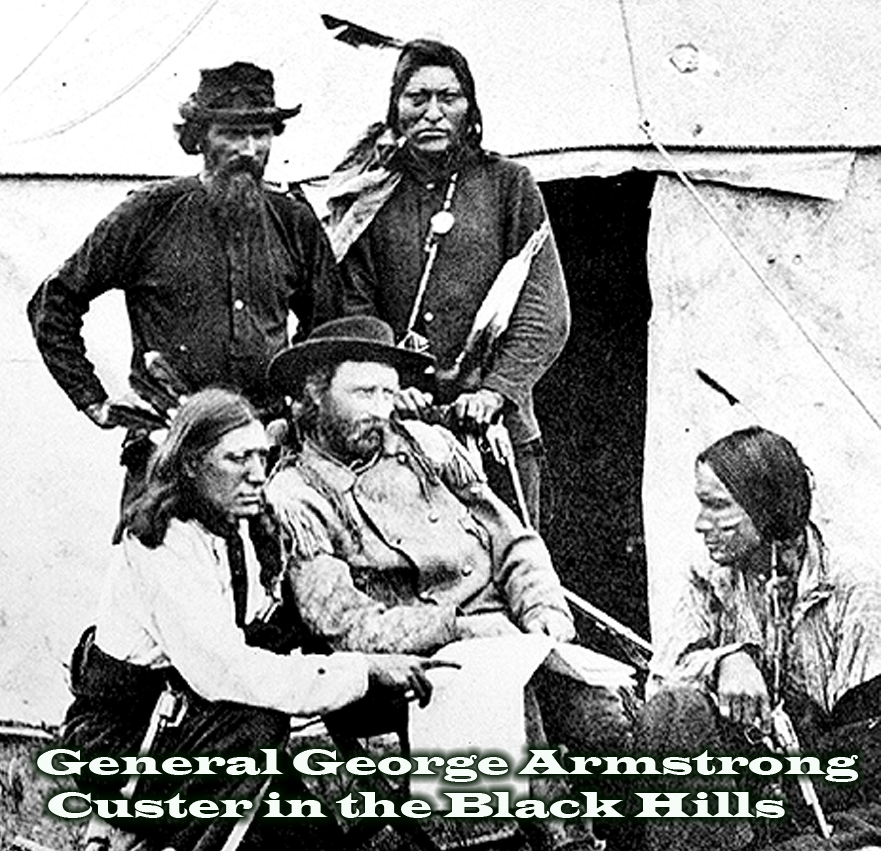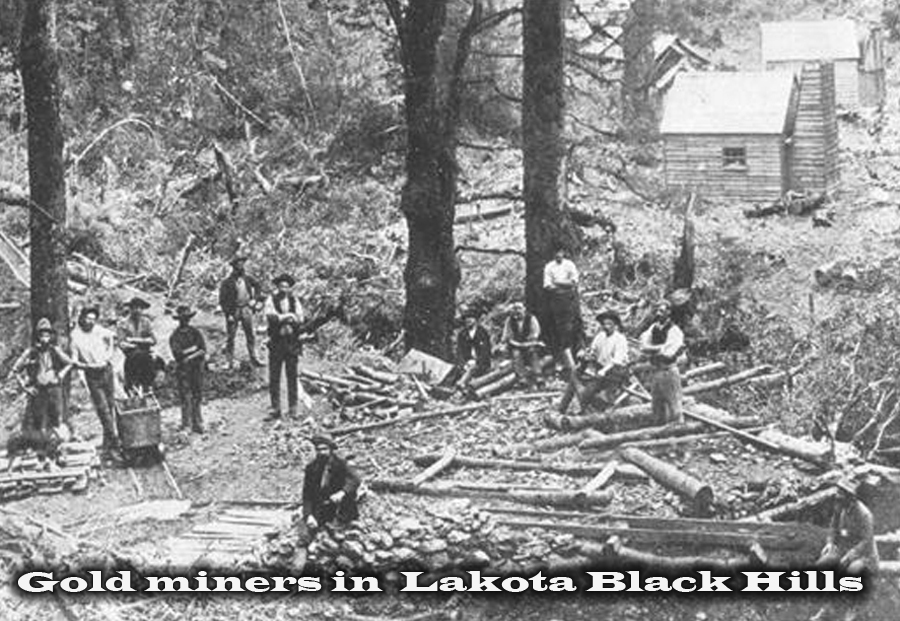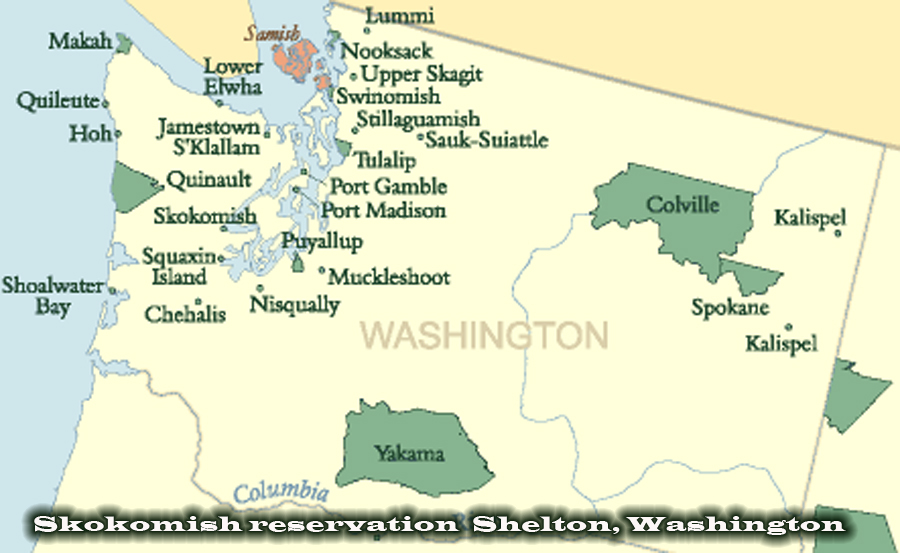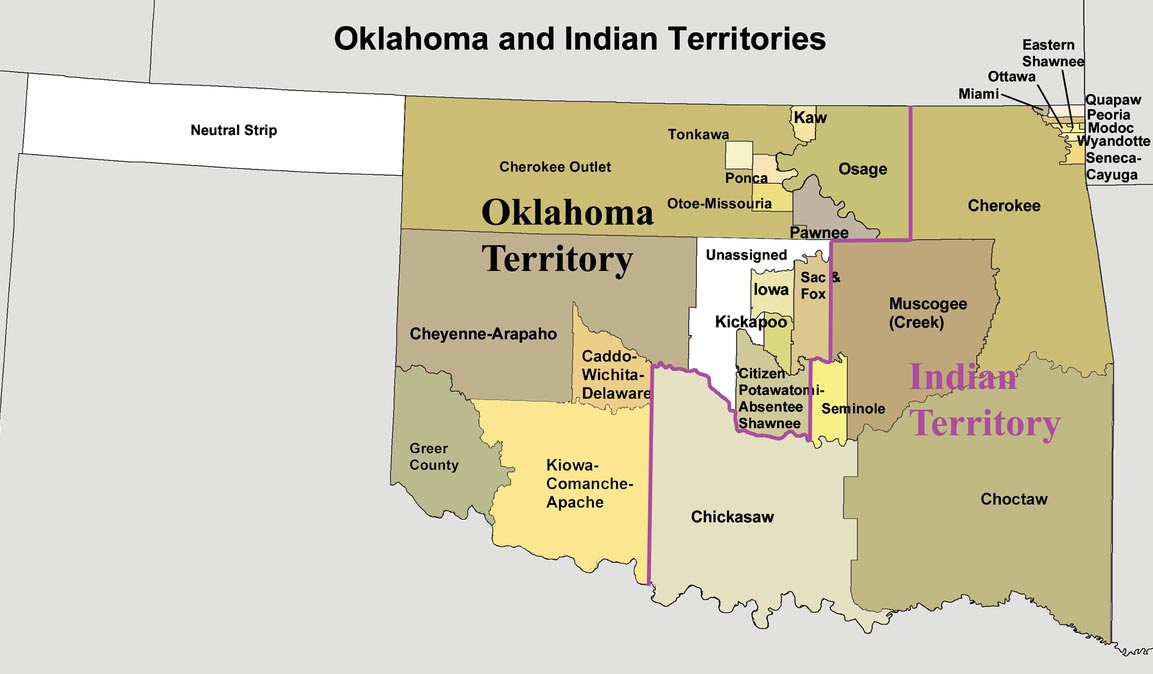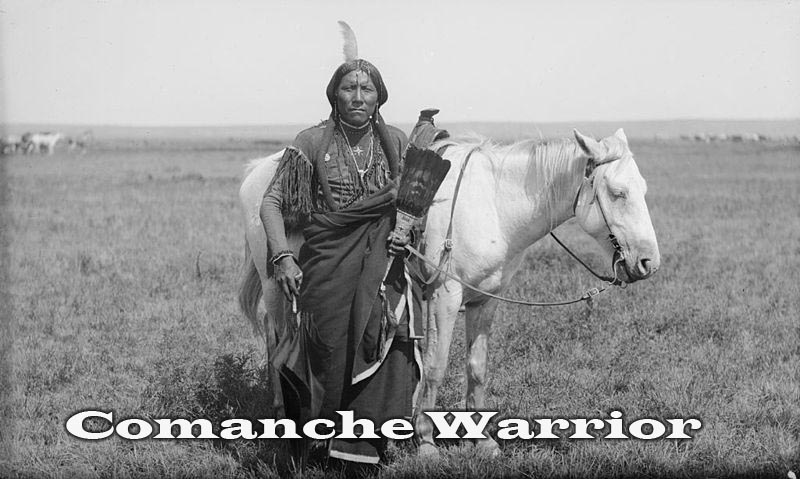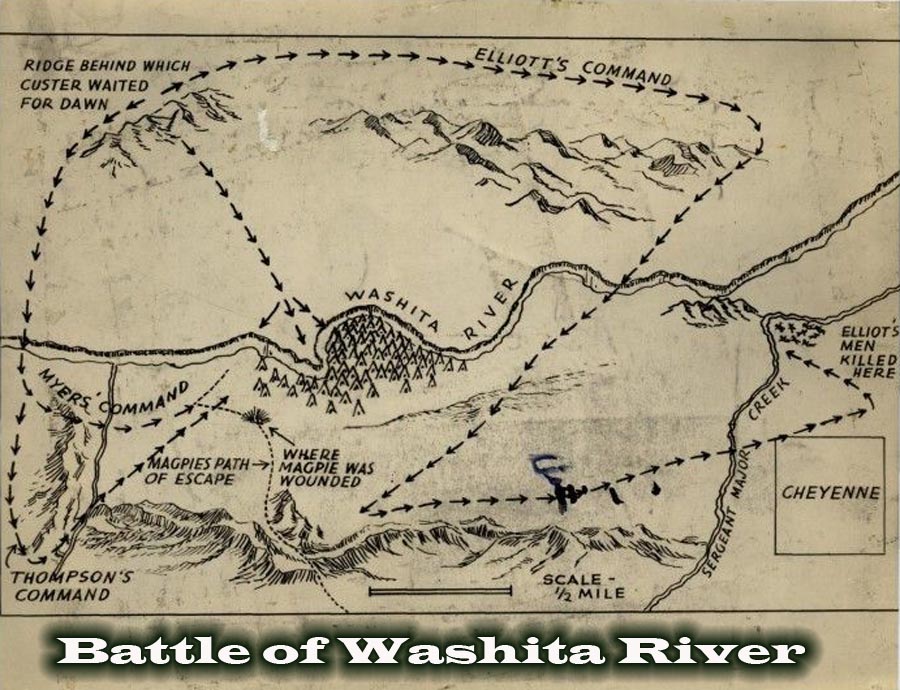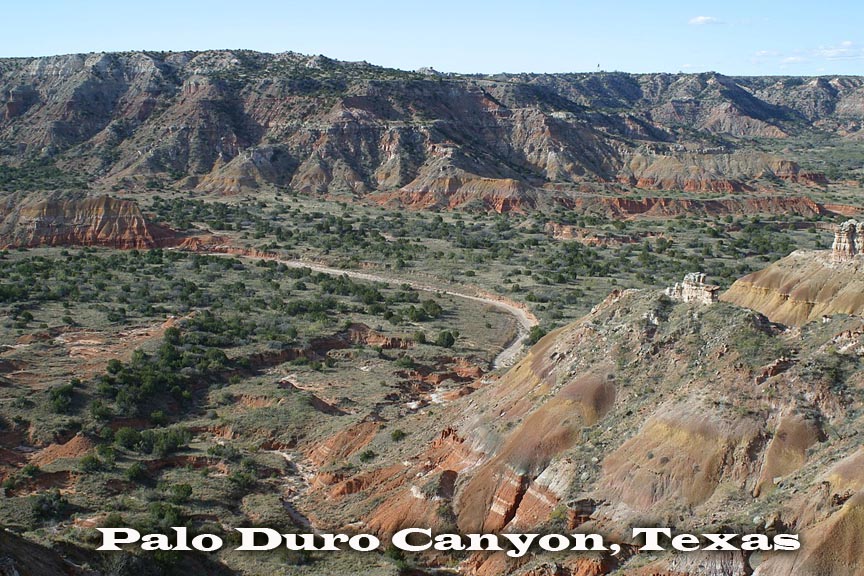1871
From 1778 to 1868, 371 treaties were indorsed by the US government with Native Americans. The Indian Appropriation Act stated that, “no tribe thereafter would be reconized as an independent nation with which the federal government would make or honor a treaty.”
Native American peoples can no longer negotiate as a sovereign nation with the government and Congress, by executive orders, makes all Indian tribes, “words of the state.”
A sign of deep-seated hatred for Native American peoples happened at Camp Grant, Arizona when the Tucson Committee of Public Safety and Papago Indians clubbed, and hacked to pieces 144 Apache Indians, only 8 were men the rest were women and children that had been granted asylum. This was in retaliation for Apache raids across the region.
The Warren Wagon Train Raid in Texas was led by three Kiowa warrior chiefs, Big Tree, Satank, and Satanta. Seven white men were tortured and left for dead.
When all three are caught and found guilty, Satanta gives a testimony, “If you let me go, I will with draw my warriors from Tehanna, but if you kill me, it will be a spark on the prairie. Make big fire-burn heap.” Not wanting any Kiowa retaliation, the Governor of Texas commuted their sentence from hanging to life in prisons. Satank is shot during an attempted escape. Later, again to avoid further conflict, Big Tree and Satanta are let go free.
1872
The Mining Act of 1872 and during these years the US government was not accepting Native Americans as citizens of a nation denying their claims to their own ancestral homelands this included Alaskan Native Americans.
1873
The Northern Pacific Railroad calls upon General George Armstrong Custer and the Seventh Cavalry to protect surveyors. Custer has his first brief chance meeting with two great Indian warriors, Crazy Horse and Sitting Bull.
It is unknown what Paiute Tom was convicted of, but he becomes the first Indian taken to the infamous prison Alcatraz and he is shot dead by guards two days after he arrived.
1874
General Custer publicized that gold had been discovered in the sacred Black Hills of Lakota territory and instead of protecting Lakota tribal homelands from white traspassers the federal government protected the miners that flodded Custer’s route the, “Freedom’s Trail” or “Thieves’ Road” as the Lakota people named it.
Skokomish Indian Reservation is established near Shelton, Washington.
The Wichita Agency over Indian territory orders that all friendly Indians must stay on the reserved lands in fixed, unmovable camps, and they have to attend sporadic roll calls.
Along the Washita River in Indian territory, a small band of Comanche and Kiowa warriors attack the army supply wagons, one soldiers is killed during the fight that lasted for quite a few days.
The Fourth U.S. Cavalry led my Colonel Ronald S. Mackenzie decimated a large Indian encampment in Palo Duro Canyon, Texas.
>>to return to previous page – right click on back arrow <<
Word count: 482
